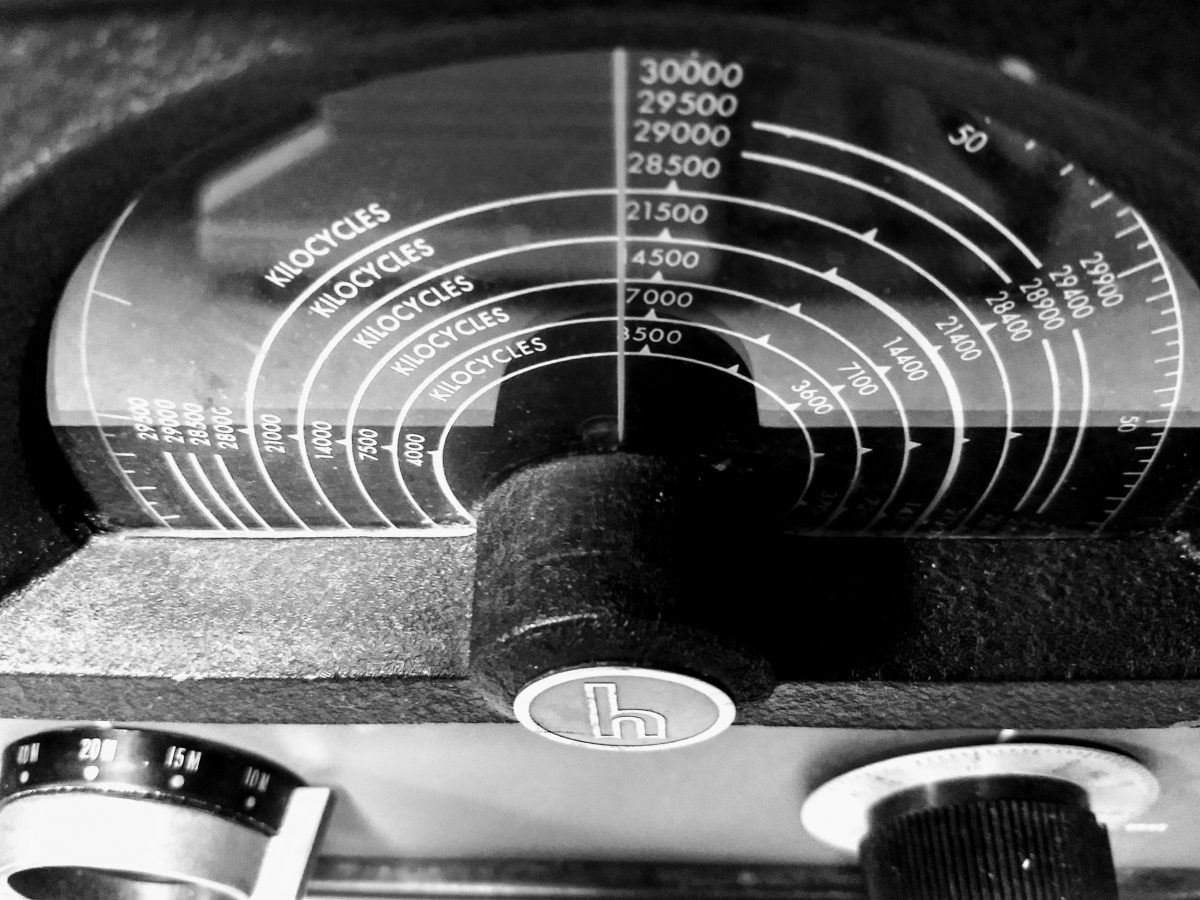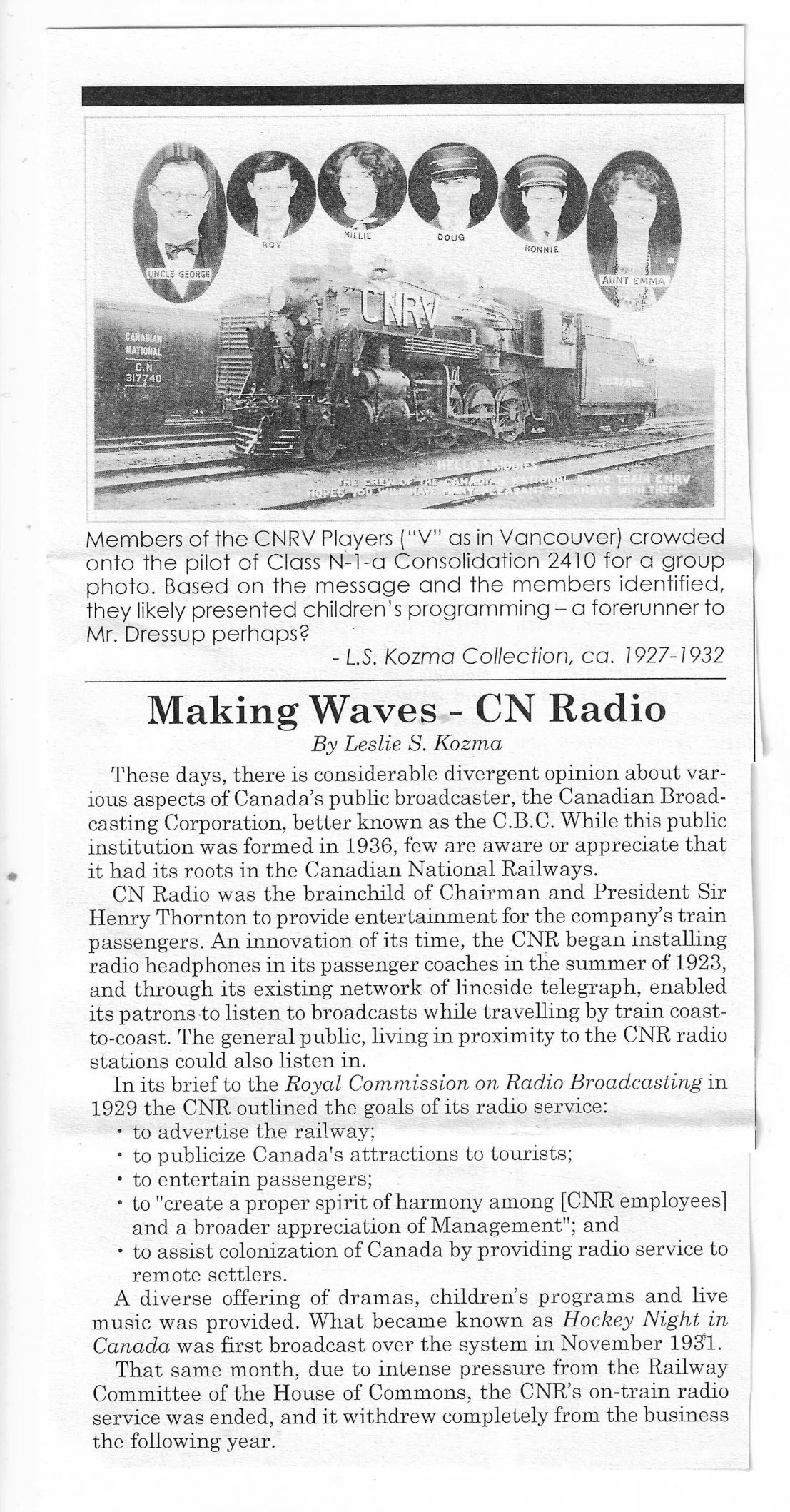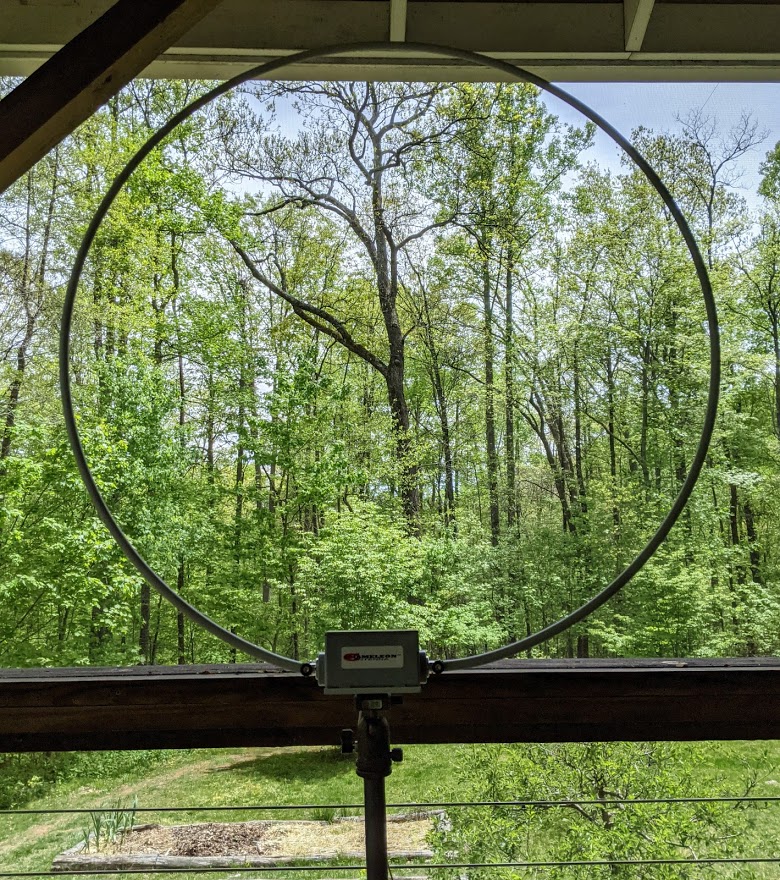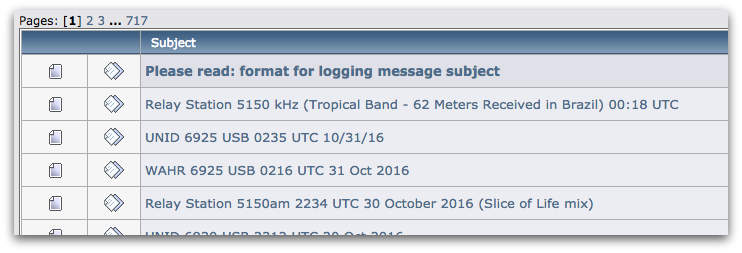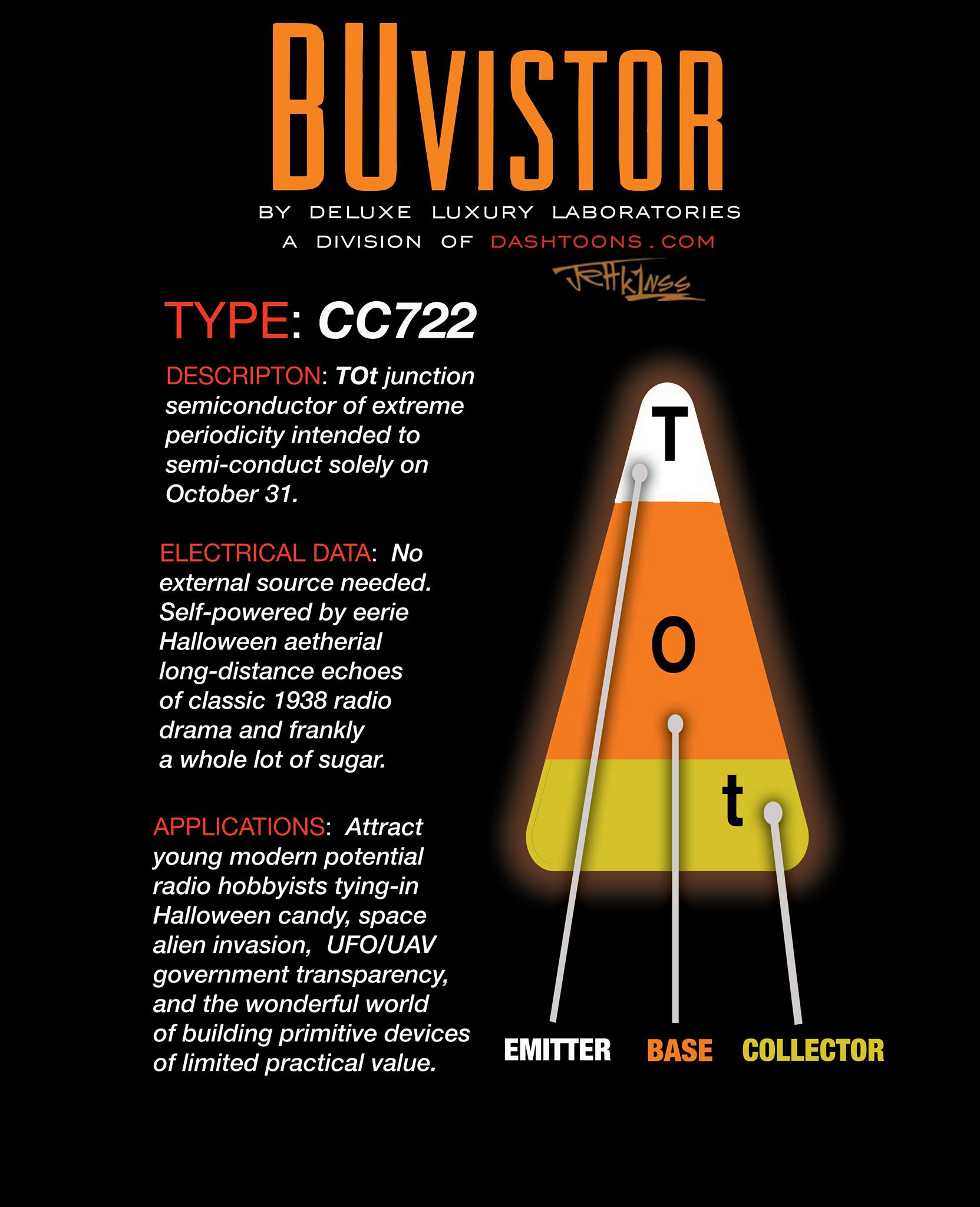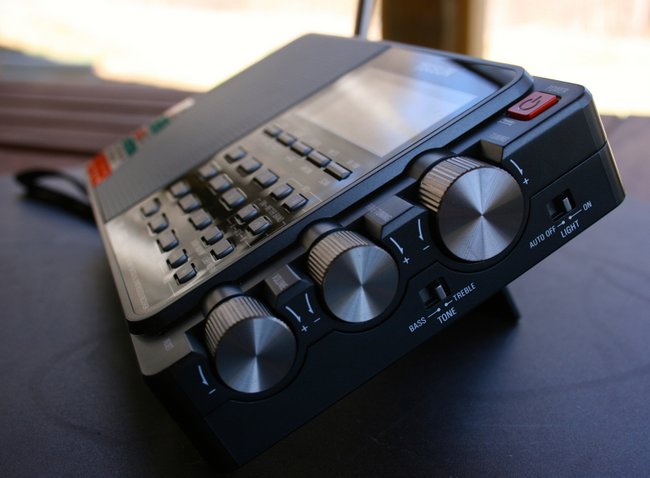 Many thanks to SWLing Post contributor, Jock Elliott, who shares the following guest post:
Many thanks to SWLing Post contributor, Jock Elliott, who shares the following guest post:
Why listen to shortwave radio?
By Jock Elliott, KB2GOM
Decades ago, an entrepreneur challenged his audience with a concept of critical importance: “Every once in a vhile, it is important to ask ourselves vhy are we in business?” He had a waaay cool Austrian accent, and his point was valid: every once in a while, we should examine our fundamentals.
So why, indeed, listen to shortwave radio?
For me, the short answer is: because there are treasures out there on the shortwave spectrum, that’s why. Further, with a relatively inexpensive shortwave receiver (even better if you have a receiver with single-sideband – SSB – capability), you hear them too. You can discover things that you are unlikely to find anywhere else, and not only are they fun to hear, they are also fun to find.
So let me present for your approval a shortwave journey that I took on October 24, 2021.
1115Z – It all starts when I am flipping through my old shortwave reference materials, and a copy of a page from Popular Communications magazine, April, 1986, catches my eye: “Handy Ute Finder by Hubble Gardiner, KNE0JX.” Utes are utility stations (as opposed to hams or international broadcasters), like ships at sea, planes in the air, and fixed commercial and military stations, and the like. The article presented places to look in the HF radio spectrum between 4000 kHz and 26960 kHz, for utility stations transmitting in SSB, CW, and RTTY/ARQ modes. Is this chart still valid? I don’t know, but since I enjoy hearing people doing their jobs on the air, why not start tuning from 4000 kHz in upper sideband and see what I can hear? Freeing the Tecsun PL-880 from its case, I extend the antenna, press the power button, punch in 4000 kHz, and start turning the dial. And while my initial impulse was to discover some “utes,” I am open to whatever comes through the headphones.
1128Z, 4426 kHz USB – a ute, super loud and clear, a weather forecast from the US Coast Guard Communications Command, including a forecast of tropical weather from the National Hurricane Center. If I were a mariner, I would be pleased to hear this forecast.
Duties call, and my cruise of the bands is interrupted, to be continued later in the day . . .
2130Z, 7490 kHz AM, — highly unusual music that sounds like a mash-up between 1930s movie music and oompah bands. It’s odd but pleasant and certainly not anything you are going to hear on the “regular” broadcast stations. Turns out it is a program called Marion’s Attic on WBCQ from Monticello, Maine. Two females, Marion (with a high squeaky voice) and Christine, play recordings from yesteryear (including wax cylinders, I think). Evidently, this program has been on the air for 22 years, and it made me smile.
2150Z, 8950 kHz USB, — a ute, European weather conditions for aviators from Shannon VOLMET, Ireland, very difficult to hear on the PL880’s whip antenna, but fully copyable on my Satellit 800 with wire antenna. How cool to hear weather from all the way across the pond!
2206Z, 9350 kHz AM, (back on the PL880) — USA Radio News on WWCR, then Owen Shroyer and a Dr. Bartlett discussing the problem of a hospital in Texas apparently putting plastic bags on the heads of covid patients. Unusual, I think, but I had heard enough about the virus of late and continue to rotate the tuning knob.
2215Z, 9395 kHz AM, — My ears are tickled by cool jazz, a very together group, laying it down with style. “This is cool jazz, jazz from the left coast,” the announcer intones as he cues up another group. It’s WRMI, transmitting from Okeechobee. Hearing it, I flashed back to “The Hawthorn Den, Jazz after Midnight” Saturday nights, listening under the covers when I was a kid.
2226Z, 9830 kHz, Voice of Turkey, in English — A professor presents an analysis of the United Nations, which he thinks needs to be reformed due to the shifting of the axes of power. This is followed by exotic music with nice female singer.
2239Z, 9955 kHz,WRMI, — Glen Hauser hosts The World of Radio, detailing the status of various shortwave stations around the world. Fascinating stuff and well worth the time.
2257Z, 10051 kHz USB, — a ute, weather for aviators again, but this time from Gander, Newfoundland. Makes me glad to be in a nice warm house.
So that’s what a little over an hour of turning the knob yielded, and that’s why to listen to shortwave radio: because you never know what you may encounter. Who knows what you might discover with a shortwave radio and a little wandering around?
Remember what Gandalf said: “Not all who wander are lost.”

